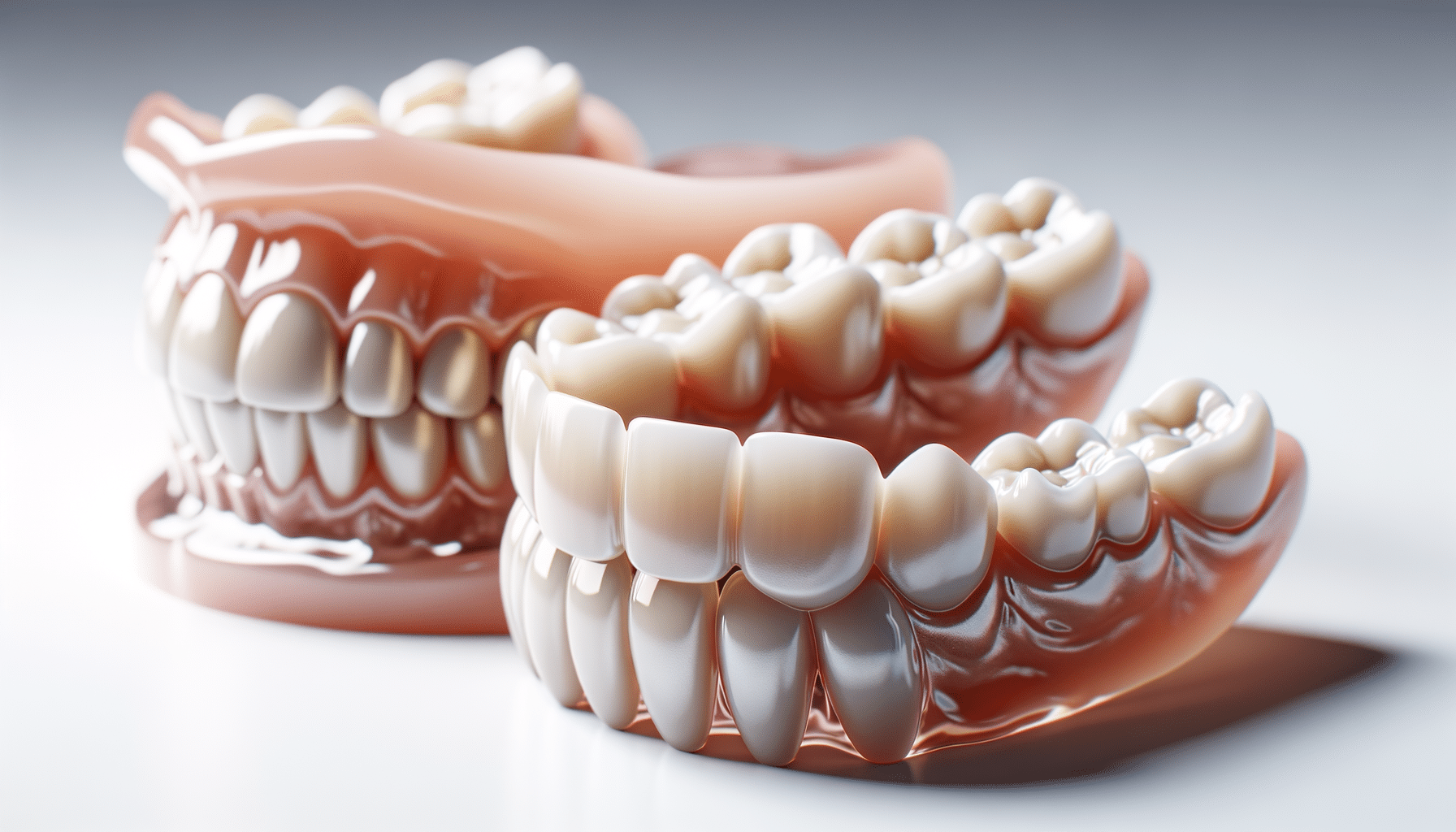
Understanding dentures for seniors covered by Medicare
Types of Dentures Available for Seniors
When it comes to choosing dentures, seniors have several options that cater to different needs and preferences. Understanding these options is crucial for making the right decision. The most common types of dentures include complete dentures, partial dentures, and implant-supported dentures.
Complete dentures are designed for individuals who have lost all of their teeth. They rest on the gums and are typically removable. These dentures are custom-made to fit the mouth and provide a natural appearance, helping to restore the smile and functionality.
Partial dentures, on the other hand, are suitable for those who still have some healthy teeth remaining. They consist of replacement teeth attached to a gum-colored base, which is connected by metal framework or precision attachments. Partial dentures not only fill in the gaps left by missing teeth but also prevent the remaining teeth from shifting.
Implant-supported dentures offer a more permanent solution by anchoring to dental implants. This option is more stable and can feel more like natural teeth. They require a surgical procedure to place the implants, making them a more involved and typically more expensive option.
Each type of denture has its own set of benefits and considerations. Seniors should consult with their dental professionals to determine which option aligns best with their oral health needs and lifestyle.
Medicare Coverage for Dentures
Understanding how Medicare covers dentures is essential for seniors planning their dental care budget. Generally, Medicare does not cover routine dental care, including dentures. However, there are specific circumstances under which Medicare might provide some assistance.
Medicare Part A, which covers hospital insurance, may cover certain dental services if they are needed for a medical procedure. For instance, if a senior is undergoing surgery for jaw reconstruction after an injury, Medicare might cover dental examinations required before the surgery. However, this does not extend to routine denture fittings or replacements.
Medicare Advantage plans, also known as Part C, often offer additional dental benefits, which may include coverage for dentures. These plans are provided by private insurers and vary widely in terms of the benefits offered. Seniors interested in these plans should carefully review the details to understand the extent of coverage provided for dentures.
For those who do not qualify for Medicare coverage for dentures, exploring supplemental dental insurance or discount dental plans may be beneficial. These options can help reduce out-of-pocket costs and make denture care more affordable.
Choosing the Right Dentures
Selecting the appropriate dentures involves several considerations to ensure comfort, functionality, and aesthetics. Seniors should take into account factors such as the fit, material, and cost when making their decision.
The fit of the dentures is crucial for comfort and effectiveness. Ill-fitting dentures can lead to discomfort, sores, and difficulties in speaking and eating. It is important to have dentures professionally fitted and adjusted as needed.
Different materials are used in denture construction, each with its own advantages. Acrylic is commonly used for its lightweight nature and affordability. Porcelain, while more expensive, offers a more natural appearance and durability.
Cost is another significant factor, as the price of dentures can vary depending on the type and materials used. Seniors should discuss all available options with their dental provider and consider their budgetary constraints.
Additionally, maintaining regular dental check-ups and proper oral hygiene can prolong the life of dentures and ensure ongoing oral health. Cleaning dentures daily and storing them properly when not in use are essential practices.
By considering these factors and consulting with dental professionals, seniors can make informed choices that enhance their quality of life and oral health.


